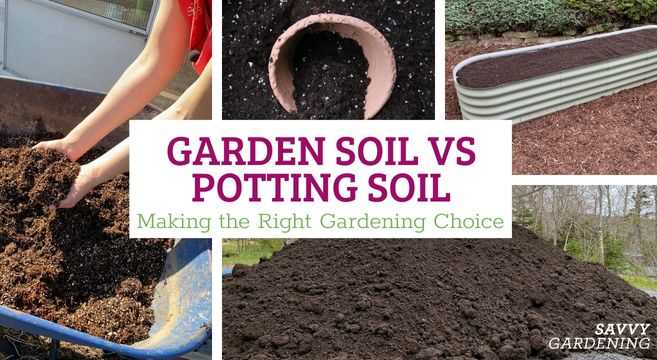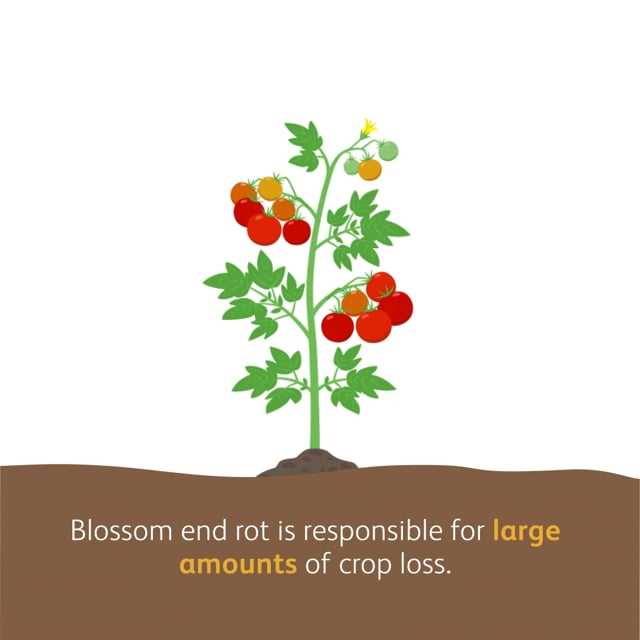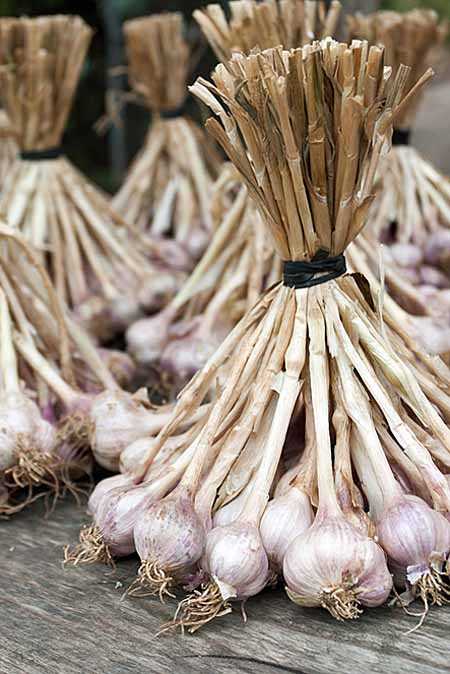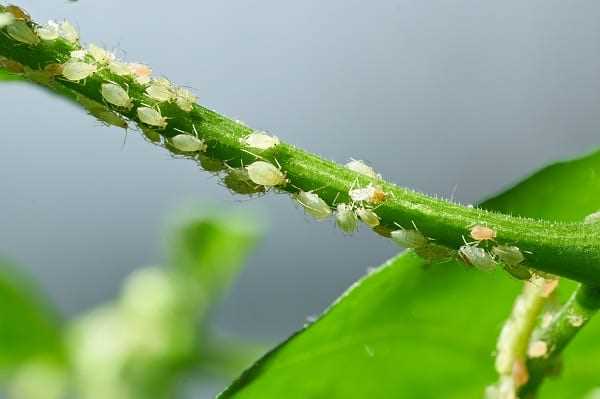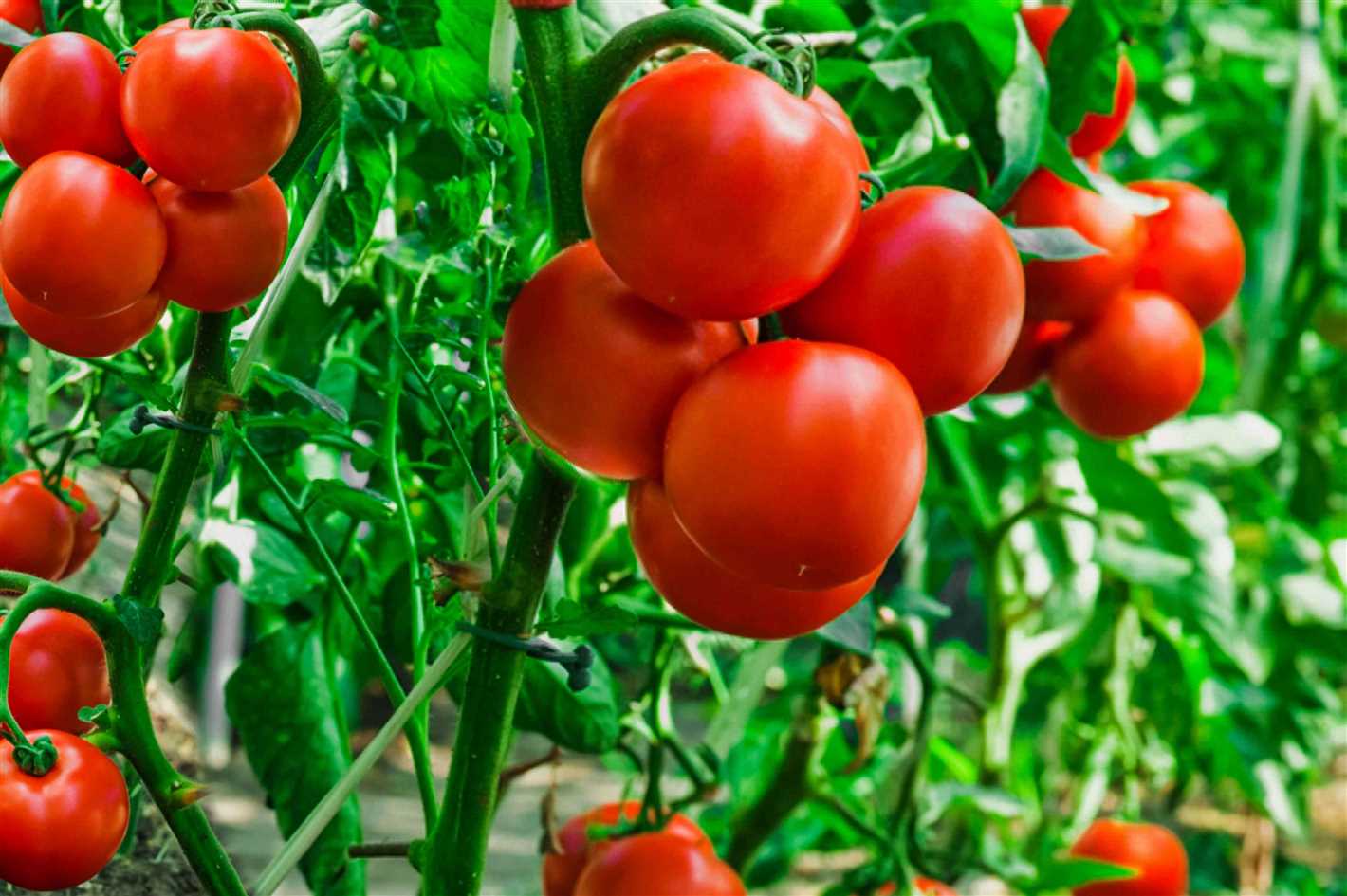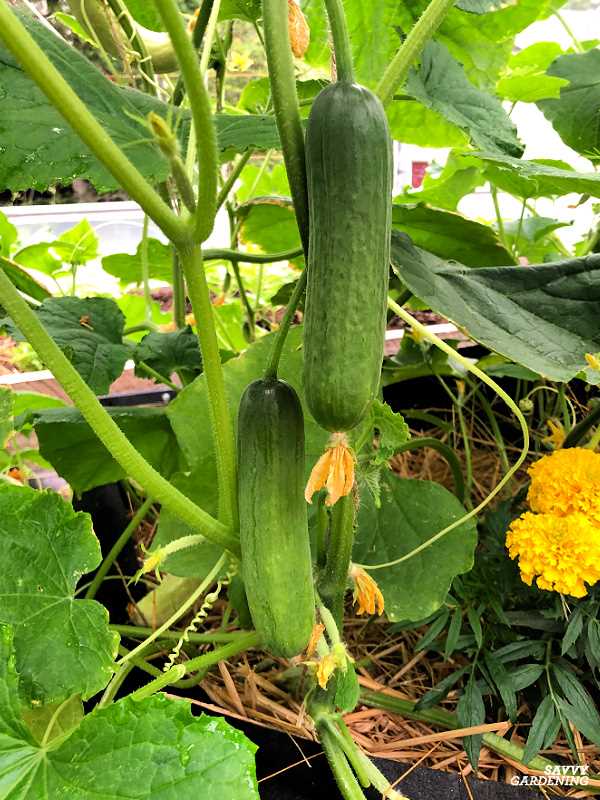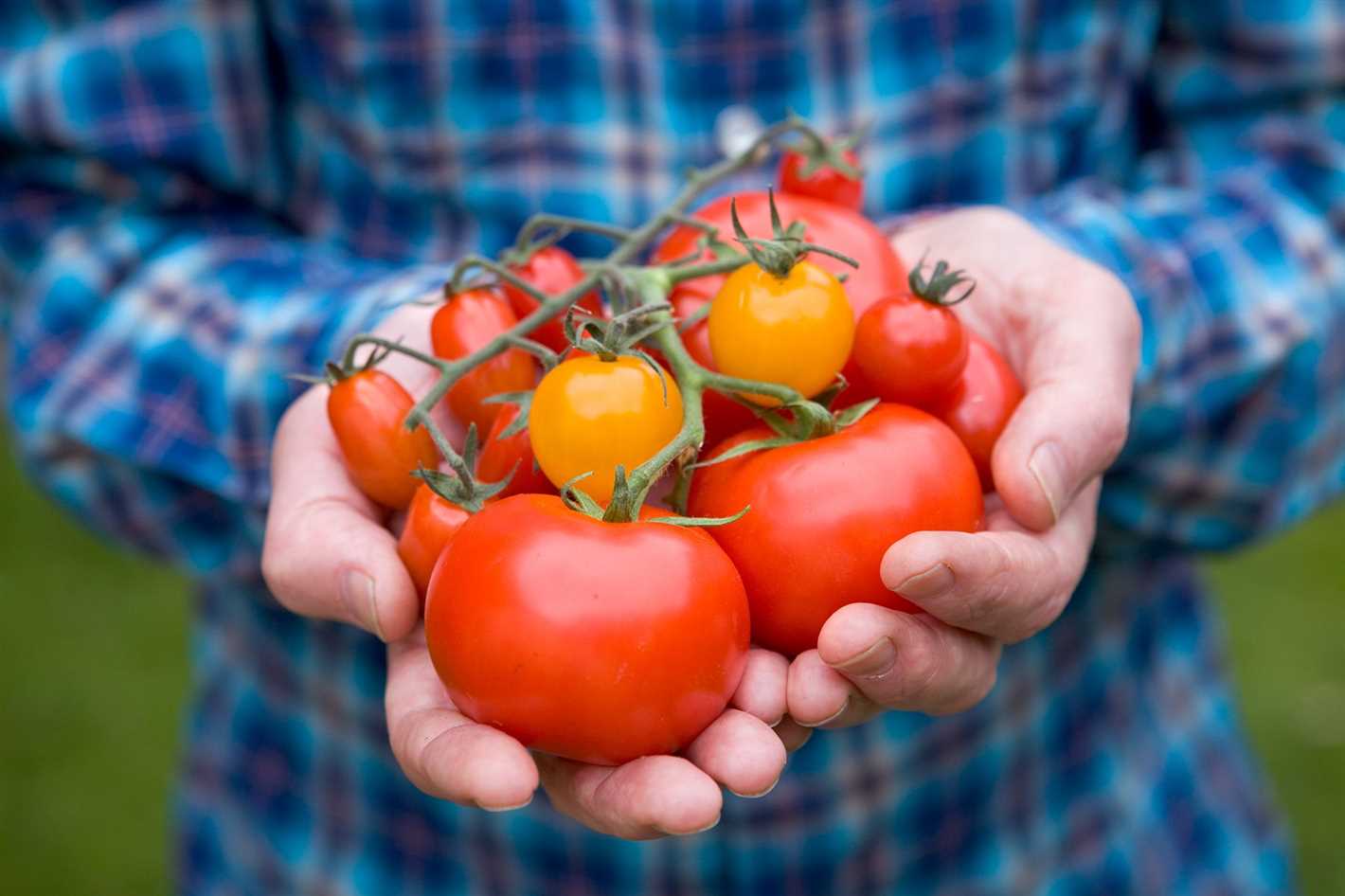- Section 1: Benefits of Soaking Seeds
- Enhanced Water Absorption
- 1. Plain Water
- 2. Salt Water
- 3. Hydrogen Peroxide
- 4. Seaweed Extract
- 5. Aloe Vera Gel
- 6. Chamomile Tea
- 7. Cinnamon Powder
- 8. Apple Cider Vinegar
- 9. Coconut Water
- 10. Molasses
- Activating Enzymes
- Increased Nutrient Availability
- 1. Seaweed Solution
- 2. Compost Tea
- 3. Epsom Salt Solution
- 4. Coffee Grounds
- 5. Fish Emulsion
- Section 2: 10 Folk Recipes for Soaking Seeds
- 1. Chamomile tea
- 2. Seaweed solution
- 3. Aloe vera juice
- 4. Epsom salt
- 5. Cinnamon water
- 6. Apple cider vinegar
- 7. Hydrogen peroxide
- 8. Willow water
- 9. Compost tea
- 10. Molasses solution
- Chamomile Tea
- Aloe Vera Gel
- Seaweed Extract
- Cinnamon and Honey Solution
- Ingredients:
- Instructions:
- Important Tips:
- Conclusion:
- Epsom Salt Solution
- “Question-Answer”
- Does soaking seeds before sowing really improve germination?
- How long should seeds be soaked before sowing?
- Can I soak seeds in a homemade vinegar solution?
- What other substances can be used to soak seeds?
- Can I use hot water to soak seeds?
- “Video” Best way to soak seeds for (fast) germination
Soaking seeds before sowing is a common practice among gardeners to improve germination rates and ensure strong, healthy plants. While there are many commercial seed treatments available, some gardeners prefer to use natural, homemade solutions. In this article, we will explore 10 folk recipes for soaking seeds that have been passed down through generations and are believed to enhance germination.
1. Chamomile Tea: Chamomile tea is known for its calming properties, but it can also be beneficial for seeds. Steep a few tablespoons of dried chamomile flowers in hot water, let it cool, and then soak your seeds in the tea for a few hours before sowing.
2. Aloe Vera Juice: Aloe vera is not only great for soothing sunburns, but it can also help seeds germinate. Mix a small amount of aloe vera gel or juice with water and soak your seeds in this solution for a few hours.
3. Seaweed Solution: Seaweed is rich in trace minerals and plant hormones that can promote seed germination. Soak your seeds in a solution made from seaweed extract and water for a few hours before planting.
4. Cinnamon Powder: Cinnamon has antimicrobial properties that can help protect seeds from fungal diseases. Dust your seeds with a small amount of cinnamon powder before sowing to improve germination.
5. Compost Tea: Compost tea is a nutrient-rich solution that can provide an extra boost to your seeds. Use compost tea made from well-rotted organic matter to soak your seeds before planting.
6. Honey: Honey has natural antifungal properties and can help prevent seed rot. Mix a small amount of honey with water and soak your seeds in this solution for a few hours.
7. Apple Cider Vinegar: Apple cider vinegar can help break down the seed coat and promote germination. Mix a teaspoon of apple cider vinegar with water and soak your seeds in this solution overnight.
8. Epson Salt Solution: Epson salt is rich in magnesium and can improve seed germination. Dissolve a tablespoon of Epson salt in water and soak your seeds in this solution for a few hours before sowing.
9. Green Tea: Green tea is high in antioxidants and can help seeds fight off diseases and pests. Brew a strong cup of green tea, let it cool, and soak your seeds in the tea for a few hours before planting.
10. Molasses: Molasses is rich in nutrients and can provide a food source for germinating seeds. Mix a tablespoon of molasses with water and soak your seeds in this solution for a few hours before sowing.
Remember, these folk recipes are not scientifically proven, but many gardeners have reported improved germination rates when using them. Give them a try and see if they work for you!
Section 1: Benefits of Soaking Seeds
Soaking seeds before sowing has several benefits that can significantly improve the germination process and overall plant growth. By allowing the seeds to absorb water prior to planting, you can enhance their ability to germinate and increase their chances of survival. Here are some of the main benefits of soaking seeds:
- Improved Water Absorption: Soaking seeds in water helps to soften their outer coating and allows them to absorb moisture more efficiently. It helps to kickstart the germination process and provides a consistent supply of water to the seeds.
- Enhanced Germination Rate: Soaking seeds can speed up the germination rate, reducing the waiting time for sprouts to emerge. This is especially beneficial for slow-germinating seeds or those with hard seed coats.
- Increased Nutrient Availability: Soaking seeds can activate dormant enzymes and release essential nutrients, making them more accessible to the germinating seedlings. This can provide a nutritional boost during the critical early stages of growth.
- Suppression of Seed-Borne Diseases: Soaking seeds in certain solutions can help to rid them of potential pathogens or fungi that may be present on the seed surface. This can help prevent seed rot or diseases from affecting the germinating seeds.
- Stimulated Root Development: Soaking seeds encourages the initiation of root growth by triggering hormone production. This leads to the development of stronger and more extensive root systems, which ultimately supports healthier plant growth.
In conclusion, soaking seeds before sowing offers various advantages that contribute to successful germination and healthier plant growth. It is a simple yet effective technique that gardeners can use to give their seeds the best chance at thriving.
Enhanced Water Absorption
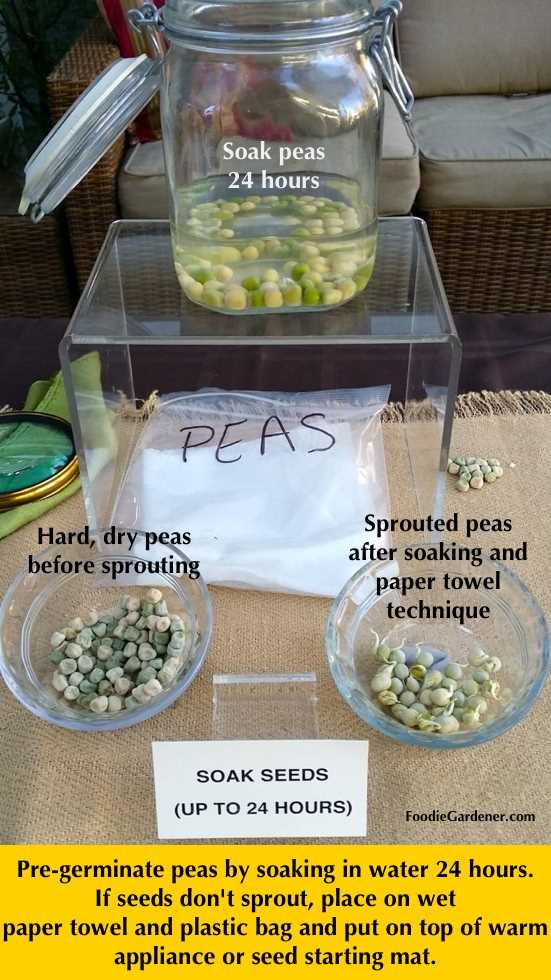
The process of seed germination begins with water absorption. Soaking seeds before sowing can help enhance water absorption and improve germination rates. Here are some methods and ingredients you can use to increase water absorption:
1. Plain Water
Soaking seeds in plain water is the simplest method to enhance water absorption. Simply place the seeds in a container and add enough water to cover them completely. Let the seeds soak for the recommended time before planting them.
2. Salt Water
Another method to improve water absorption is by soaking seeds in salt water. Prepare a solution of 1 teaspoon of salt dissolved in 1 cup of water. Soak the seeds in this solution for the recommended time. The salt helps break the seed coat and enhances water uptake.
3. Hydrogen Peroxide
Hydrogen peroxide can also aid in water absorption. Mix 1 part hydrogen peroxide with 10 parts water and soak the seeds for the recommended time. The hydrogen peroxide helps oxygenate the water, promoting better germination.
4. Seaweed Extract
Seaweed extract contains natural growth hormones and trace minerals that can stimulate seed germination. Dilute 1 tablespoon of seaweed extract in 1 liter of water and soak the seeds in this solution for the recommended time.
5. Aloe Vera Gel
Aloe vera gel has natural moisturizing properties and can improve water absorption. Mix 1 part aloe vera gel with 10 parts water and soak the seeds for the recommended time. The gel will help keep the seeds moist and promote germination.
6. Chamomile Tea
Chamomile tea has anti-fungal properties that can protect seeds from fungal infections. Brew a cup of chamomile tea and let it cool. Soak the seeds in the tea for the recommended time before planting.
7. Cinnamon Powder
Cinnamon has antimicrobial properties that can help prevent fungal and bacterial growth. Dust the seeds with a small amount of cinnamon powder before sowing. This can help protect the seeds and promote better water absorption.
8. Apple Cider Vinegar
Add 1 tablespoon of apple cider vinegar to 1 cup of water and soak the seeds in this solution for the recommended time. Apple cider vinegar can help balance the pH level of the water, improving water absorption.
9. Coconut Water
Coconut water contains natural sugars and minerals that can enhance water absorption and provide nutrients for germination. Soak the seeds in fresh coconut water for the recommended time before sowing.
10. Molasses
Molasses is a natural source of sugars and minerals that can improve seed germination. Mix 1 tablespoon of molasses with 1 cup of water and soak the seeds in this solution. The sugars in molasses will feed the seeds and promote better water absorption.
Remember to follow the recommended soaking times for each method and ingredient. Experiment with different recipes to find what works best for the seeds you are planting. Happy gardening!
Activating Enzymes
Activating enzymes can significantly improve the germination process of seeds. Enzymes play a crucial role in breaking down complex substances into simple forms that plants can absorb more easily. This helps in speeding up the germination process and enhancing overall seed performance.
Here are a few natural ways to activate enzymes in seeds:
- Aloe Vera Extract: Mixing aloe vera gel with water can help stimulate enzyme activity in seeds. Soak the seeds in this mixture for a few hours before sowing.
- Fermented Plant Juice: Collecting the juice from fermented plants like comfrey or nettle and diluting it with water can provide a rich source of enzymes. Soaking the seeds in this juice before sowing can enhance germination.
- Seaweed Extract: Soaking seeds in a solution of seaweed extract and water helps in activating enzymes and promoting germination.
- Apple Cider Vinegar: Adding a few drops of apple cider vinegar to the soaking water can help activate enzymes in seeds. However, it is important to dilute the vinegar properly to prevent seed damage.
- Coconut Water: Soaking seeds in coconut water can promote enzyme activity due to its high mineral and nutrient content. This can enhance germination and seed vigor.
- Molasses: Mixing molasses with water and soaking seeds in the solution can activate enzymes and improve seed germination.
- Honey: Soaking seeds in a honey-water solution can help stimulate enzyme activity, leading to better germination rates.
- Yogurt: Diluting yogurt with water and soaking seeds in this mixture can provide beneficial enzymes and promote germination.
- Baking Soda: Adding a small amount of baking soda to the soaking water can help activate enzymes in seeds and improve their germination.
- Mung Bean Sprout Extract: Soaking seeds in a solution made from mung bean sprouts can stimulate enzyme activity and enhance germination.
Note: It is important to follow recommended soaking times and dilution ratios for each method to avoid potential harm to the seeds.
Increased Nutrient Availability
In addition to improving germination rates, soaking seeds in certain substances can also increase the availability of nutrients for the growing plants. These substances can help break down seed coatings and release vital nutrients that are necessary for the initial growth of the seedlings.
Here are some folk recipes that can help increase nutrient availability:
1. Seaweed Solution
Soaking seeds in a solution made from powdered seaweed can provide trace minerals and other nutrients that are beneficial for plant growth. This seaweed solution can help improve nutrient uptake in the seeds and promote healthy root development.
2. Compost Tea
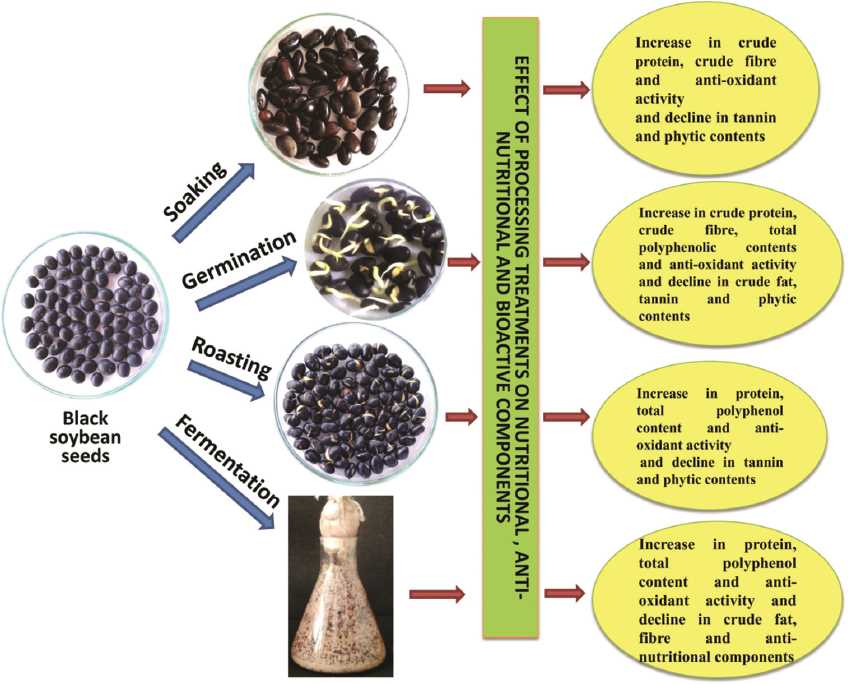
Soaking seeds in compost tea, which is made by steeping compost in water, can provide a rich source of organic matter and nutrients. This can enhance the nutrient availability for the seeds and support their early growth.
3. Epsom Salt Solution
A solution made from Epsom salt can be used to soak seeds before sowing. Epsom salt is rich in magnesium and sulfur, which are essential nutrients for plant growth. Soaking seeds in this solution can help improve nutrient absorption and enhance germination rates.
4. Coffee Grounds
Soaking seeds in a solution made from diluted coffee grounds can provide additional nutrients and increase the overall fertility of the soil. Coffee grounds are rich in nitrogen, potassium, and phosphorus, which are essential for plant growth.
5. Fish Emulsion
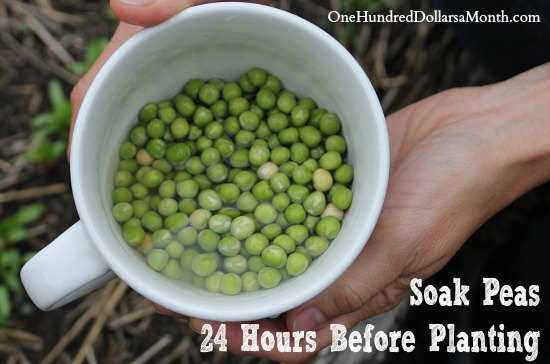
Soaking seeds in a diluted fish emulsion solution can provide a source of nutrients such as nitrogen, phosphorus, and potassium. This can support the initial growth of the seedlings and enhance nutrient availability in the soil.
It’s important to remember that while these folk recipes may enhance nutrient availability, they should be used in moderation and in conjunction with proper soil preparation and fertilization practices. Always follow the specific instructions or guidelines provided for each soaking method, as some substances may require specific measurements or durations for soaking.
By increasing nutrient availability through seed soaking, you can give your seeds a head start in their growth and improve overall plant health. Experiment with different soaking methods and find what works best for your specific seeds and growing conditions.
Section 2: 10 Folk Recipes for Soaking Seeds
1. Chamomile tea
Chamomile tea is known for its antibacterial properties and can help protect your seeds from fungal diseases. Steep a chamomile tea bag in hot water and let it cool down. Soak your seeds in the cooled tea for about 12 hours before planting.
2. Seaweed solution
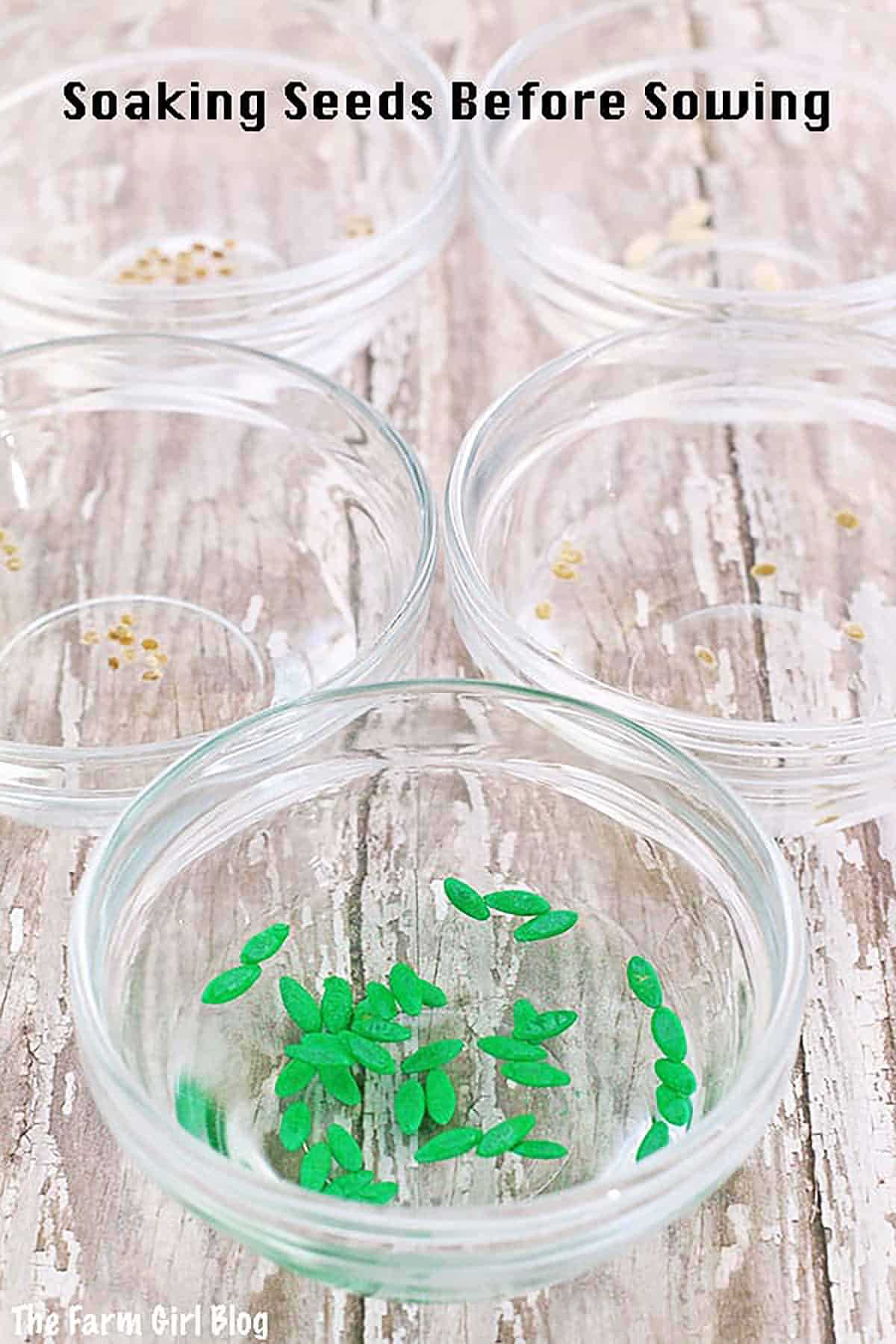
Seaweed is rich in essential minerals and can improve seed germination. Dilute a tablespoon of seaweed extract in a liter of water. Soak your seeds in this solution for a few hours before sowing.
3. Aloe vera juice
Aloe vera has natural growth-promoting and antifungal properties. Mix equal parts of aloe vera juice with water and soak your seeds in this mixture for a few hours before planting.
4. Epsom salt
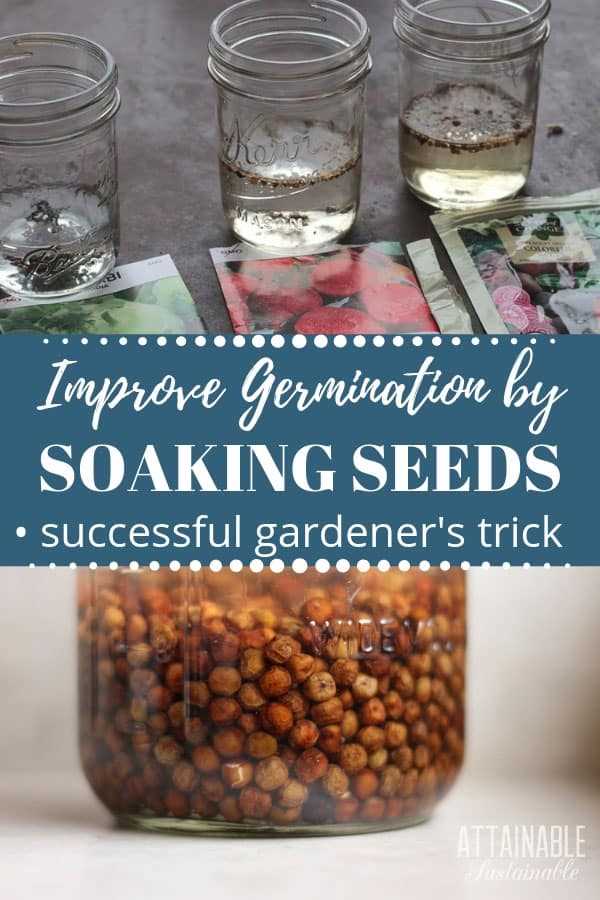
Epsom salt is a great source of magnesium, which can boost seed germination. Dissolve a tablespoon of Epsom salt in a liter of water. Soak your seeds in this solution overnight before sowing.
5. Cinnamon water
Cinnamon has antifungal properties that can protect your seeds from diseases. Mix a teaspoon of ground cinnamon with a cup of warm water and let it cool down. Soak your seeds in this solution for a few hours before sowing.
6. Apple cider vinegar
Apple cider vinegar can help remove any pathogens or pests from your seeds. Mix a tablespoon of apple cider vinegar with a cup of warm water. Soak your seeds in this solution for about 15 minutes before planting.
7. Hydrogen peroxide
Hydrogen peroxide can help prevent fungal diseases and promote seed germination. Mix two tablespoons of hydrogen peroxide with a cup of water and soak your seeds in this solution for about 30 minutes before sowing.
8. Willow water
Willow water contains natural rooting hormones that can improve seed germination. Collect a handful of willow branches and soak them in a bucket of water for a few days. Use this willow water to soak your seeds for a few hours before planting.
9. Compost tea
Compost tea is a nutrient-rich solution that can enhance seed germination. Fill a cloth bag with compost and steep it in a bucket of water for a few days. Use this compost tea to soak your seeds for a few hours before sowing.
10. Molasses solution
Molasses can provide your seeds with essential nutrients and stimulate microbial activity in the soil. Mix a tablespoon of molasses with a liter of water and soak your seeds in this solution for a few hours before planting.
Chamomile Tea
Chamomile tea is a popular herbal remedy known for its calming properties. It can also be used as a seed soaking solution to improve germination. Here’s how to use chamomile tea to soak your seeds:
- Prepare the tea: Boil a cup of water and add 1-2 teaspoons of dried chamomile flowers. Let it steep for about 5 minutes.
- Cool down the tea: Strain the tea and let it cool down to room temperature. Ensure that it is not too hot, as extreme temperatures can damage the seeds.
- Soak the seeds: Place the seeds in the cooled chamomile tea and let them soak for the recommended time. Different seeds might require different soaking times.
- Rinse the seeds: After the soaking time is complete, rinse the seeds with clean water to remove any residue.
- Plant the seeds: Sow the seeds in the desired planting medium, following the instructions for planting depth and spacing.
Chamomile tea can be beneficial for many types of seeds, including vegetables, flowers, and herbs. The soothing properties of chamomile can help improve seed germination rates and promote healthy plant growth.
Aloe Vera Gel
Aloe vera gel is a natural substance that can be used to improve seed germination. It has many beneficial properties, including being high in vitamins and minerals that can help seeds grow. Here are some ways you can use aloe vera gel to soak your seeds before sowing:
- Pure Aloe Vera Gel: You can use pure aloe vera gel straight from the plant. Cut open a leaf, extract the gel, and dilute it with water. Soak your seeds in this mixture for a few hours before planting.
- Aloe Vera and Water Mixture: Mix aloe vera gel with water in a 1:1 ratio. Soak your seeds in this mixture for a few hours before planting.
- Aloe Vera and Honey Mixture: Mix aloe vera gel with honey in a 1:1 ratio. Soak your seeds in this mixture for a few hours before planting. The honey can act as a natural fungicide and help prevent seed rot.
- Aloe Vera and Seaweed Extract Mixture: Mix aloe vera gel with seaweed extract in a 1:1 ratio. Soak your seeds in this mixture for a few hours before planting. Seaweed extract is rich in nutrients that can promote seed germination.
- Aloe Vera and Chamomile Tea Mixture: Brew chamomile tea, let it cool, and mix it with aloe vera gel in a 1:1 ratio. Soak your seeds in this mixture for a few hours before planting. Chamomile tea can have a calming effect on seeds and promote germination.
After soaking your seeds in aloe vera gel, you can proceed with sowing them as usual. The aloe vera gel will provide the seeds with nutrients and moisture to improve their germination rate. Remember to label your seeds and keep track of the soaking times for each batch.
Note: While aloe vera gel can be beneficial for seed germination, it is important to ensure that the gel is pure and free from any additives or chemicals. Using organic and natural aloe vera gel is recommended.
Seaweed Extract
Seaweed extract is a popular soak for seeds that is known to improve germination rates. Seaweed has a high mineral content and is rich in potassium, which promotes root growth and overall plant health. It also contains natural plant hormones, such as cytokinins, which stimulate cell division and growth.
To make a seaweed extract, you can use either fresh or dried seaweed. If using fresh seaweed, rinse it thoroughly to remove any salt or debris. Chop the seaweed into small pieces and add it to a container of water. The ratio should be about 1 cup of seaweed to 1 gallon of water.
If using dried seaweed, follow the instructions on the packaging for the recommended ratio of seaweed to water. Typically, it is around 1 tablespoon of dried seaweed per gallon of water.
Allow the seaweed to soak in the water for at least 24 hours, but no more than 48 hours. During this time, the water will become infused with the beneficial nutrients from the seaweed.
After the soaking period, strain the seaweed from the water, using a fine-mesh sieve or cheesecloth. The resulting liquid is your seaweed extract, which can be used to soak your seeds before sowing.
To use the seaweed extract, simply place your seeds in a bowl or jar and cover them with the extract. Allow the seeds to soak for the recommended amount of time, which can vary depending on the type of seed.
Once the seeds have finished soaking, they can be planted as usual. The seaweed extract will help to improve germination rates and give your seeds a healthy start.
Cinnamon and Honey Solution
If you are looking for a natural and effective way to improve seed germination, the cinnamon and honey solution is worth trying. Cinnamon has antimicrobial properties that can prevent the growth of fungi and bacteria, while honey contains natural enzymes that can stimulate the germination process.
Ingredients:
- 1 tablespoon of cinnamon powder
- 1 tablespoon of honey
- 1 cup of warm water
Instructions:
- Mix the cinnamon powder and honey in a cup of warm water.
- Stir the solution well until the cinnamon powder and honey are fully dissolved.
- Let the solution cool down to room temperature.
- Place the seeds in the cinnamon and honey solution and soak them for the recommended time, as specified in the seed packaging.
- After soaking, drain the seeds and transfer them to soil or your desired growing medium.
Important Tips:

- Make sure to use organic cinnamon powder and raw honey for the best results.
- Do not soak the seeds for too long, as it can have negative effects on germination.
- Always follow the recommended soaking time for each type of seed.
- It is advisable to perform a small test before soaking a large batch of seeds to see how they respond to the solution.
- Remember that while the cinnamon and honey solution can help improve germination, it is not a guarantee of success. Other factors such as seed quality, temperature, and moisture levels also play a significant role.
Conclusion:
The cinnamon and honey solution is a natural and low-cost method to enhance seed germination. It can help protect seeds against fungal and bacterial infections, while providing them with essential enzymes for growth. Give it a try and see if it improves the success rate of your seed sowing!
Epsom Salt Solution
Epsom salt is a popular household remedy that has been used for centuries for various purposes, including improving seed germination. It is a mineral compound known as magnesium sulfate, which contains magnesium, sulfur, and oxygen.
Using an Epsom salt solution before sowing seeds can help improve their germination rate and overall plant health. The magnesium and sulfur in the solution contribute to the development of strong roots and promote better nutrient absorption.
To make an Epsom salt solution:
- Dissolve 1 tablespoon of Epsom salt in 1 gallon of water.
- Stir the solution well until the salt is completely dissolved.
Once the Epsom salt solution is ready, you can soak your seeds in it before sowing. Follow these steps:
- Place your seeds in a small container or bowl.
- Add enough Epsom salt solution to cover the seeds completely.
- Let the seeds soak in the solution for the recommended soaking time, which varies depending on the type of seeds. Generally, soaking for 1-2 hours is sufficient.
- After soaking, remove the seeds from the solution and allow any excess liquid to drain.
After soaking, you can proceed with sowing the seeds in the desired growing medium. The Epsom salt solution will help activate the seeds’ growth potential and provide them with essential nutrients.
Note: It is important to follow the recommended soaking time and not exceed it, as prolonged soaking can have negative effects on seed germination.
“Question-Answer”
Does soaking seeds before sowing really improve germination?
Yes, soaking seeds before sowing can help improve germination. Soaking seeds in water or certain solutions can help soften the seed coat, allowing water to penetrate and initiate the germination process.
How long should seeds be soaked before sowing?
The soaking time can vary depending on the type of seed. In general, most seeds can be soaked for 12 to 24 hours. However, some seeds may require longer soaking times, while others may not need to be soaked at all.
Can I soak seeds in a homemade vinegar solution?
Yes, you can soak seeds in a homemade vinegar solution. A mixture of one part vinegar and three parts water can be used to soak seeds. This solution can help remove any bacteria or fungi present on the seeds, improving germination rates.
What other substances can be used to soak seeds?
There are various substances that can be used to soak seeds. Some common options include hydrogen peroxide, chamomile tea, aloe vera gel, seaweed extract, and compost tea. These substances can provide nutrients or protect against diseases, promoting healthy germination.
Can I use hot water to soak seeds?
It is generally recommended to use room temperature water for soaking seeds. Hot water can potentially damage the seeds or affect their viability. So, it is best to avoid using hot water and stick to room temperature water or other recommended solutions.
